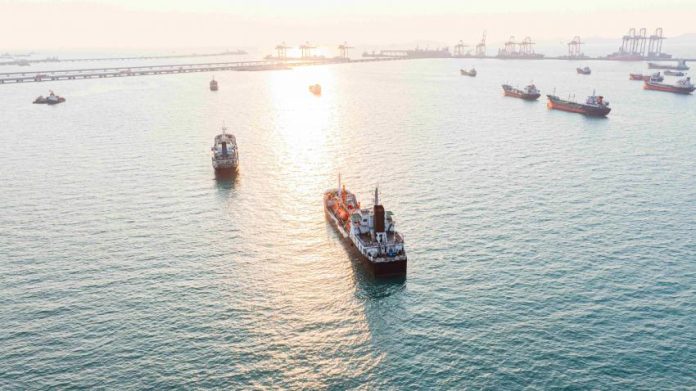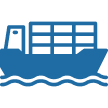
The Port of Riga has taken the initiative as a founding member of the Association of Four Sea Ports by endorsing a collective commitment with Cartagena in Spain, Trieste and Monfalcone in Italy, and ports along the North Sea in Belgium and the Netherlands.
The shared objective of this declaration is to bolster port operations in sustainability, energy efficiency, digitalization, and European transport, thereby establishing a mid-sized European port network for knowledge exchange and operational synergy among ports. This association, formed through the declaration, welcomes other ports to join.
“In Europe, medium-sized ports have the same requirements and challenges as large global ports, but significantly fewer resources to meet Europe’s goals and address geopolitics and global industry changes. Together with our partners, we have defined guidelines for a medium-sized port, as well as identified challenges and areas where we would need to cooperate to achieve the greatest synergy effect,” emphasized Ansis Zeltiņš, the Freeport of Riga CEO.
As part of this collaboration, ports will share insights, experiences, and best practices in energy management, encompassing the utilization of renewable energy sources within port facilities, alongside environmental and sustainable port management practices.
Furthermore, each port’s competitiveness within the broader network will be enhanced by facilitating cargo flow between ports and exchanging expertise on digitalizing port processes, port community systems (PCS), and traffic management, according to the statement.
In addition, a key objective is also to collaborate in securing funding and jointly participating in European projects, particularly focusing on sustainability, energy, smart technologies, and the trans-European transport network.
Through port cooperation, the collective effort aims to meet Europe’s objectives, notably advancing the European Green Deal and fulfilling the requirements of the Fit for 55 packages. This includes developing infrastructure for alternative fuels and promoting the adoption of renewable and low-carbon fuels in maritime transport.
Sources: Container News
 Hotline: 0944 284 082
Hotline: 0944 284 082
 Email:
Email: 


 VN
VN